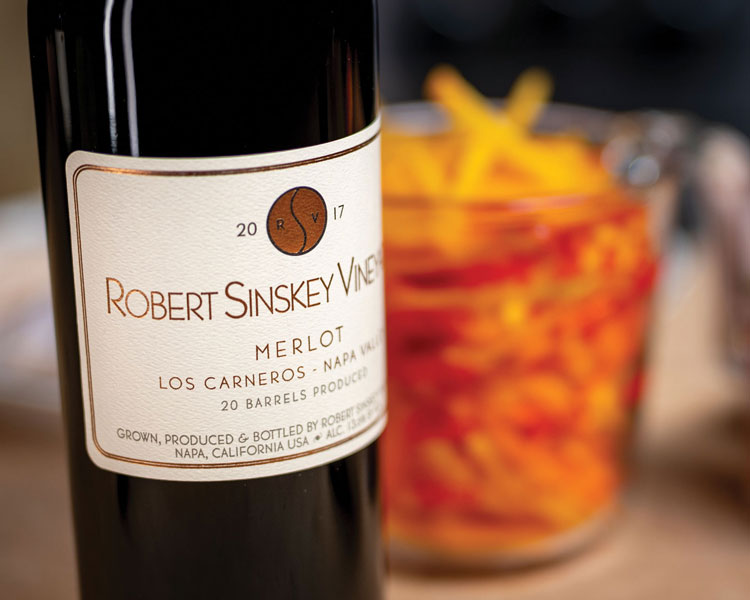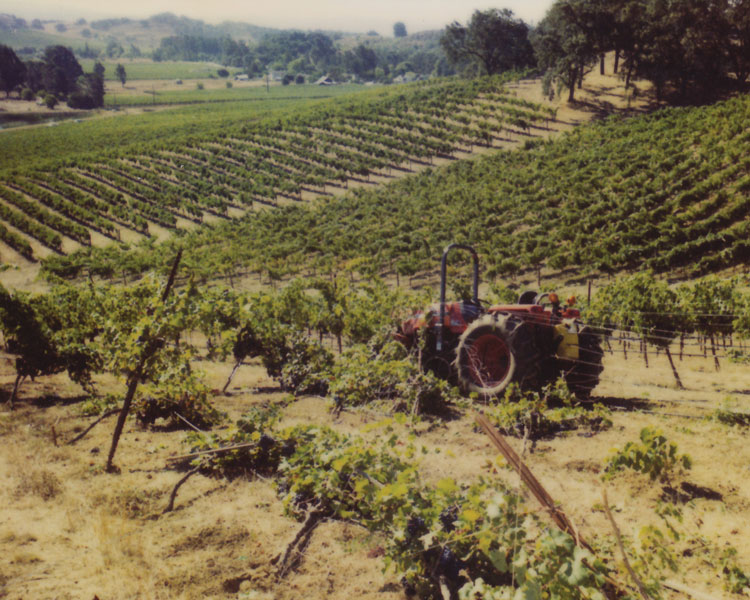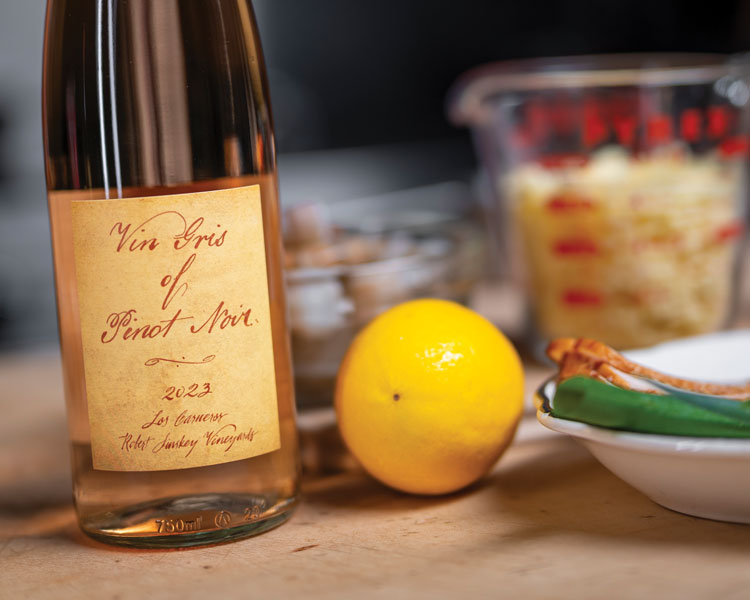Size Matters
When little is big
Few aspire to be small when they set out in business. It’s more efficient to be big they say. Makes better economic sense they say. When it comes to farming, bigger is not necessarily better. Though it might look better on paper, there is usually an inverse relationship to size when it comes to the quality of the produce and the farms’ impact on the the health of the planet.
Since the 1970’s, farms of all types have grown in scale and have become more industrialized. Large tractors, that look as though they would be more at home on a freeway construction project, tower over sprouts as they spray herbicides, insecticides and fertilizers. Soils are worked so they no longer have the tilth to support natural processes and, instead of being the worlds greatest carbon sink, carbon is released from the soil only to escape into the atmosphere.
We run a small farm. We also run a winery but it starts with a farm. We can’t forget that. It is what defines us and gives us purpose. We feel that being intimate with our land and the rhythms of nature will guide us in crafting a more interesting wine and allow us to feel good about our chosen craft. We feel we can be part of the solution if we allow natural processes to be our guide.
The Capa Vineyard is Maria’s and my home. We developed this vineyard from the ground up as an organic farm. The vines were planted to follow the contours of the land instead of cutting terraces. Trees were left intact. Hawk perches, owl and bird boxes were added. Sheep graze the permanent cover crops. An heirloom fruit orchard was planted and has been artfully pruned by Maria who has mastered “pajama” pruning – where she crawls out of bed and throws a jacket on over her pajamas as she goes out to prune the trees and the vines. A chef’s garden and a quail pen is out back behind the house where Maria picks the fresh produce and collects the most beautiful little eggs that she will turn into unique dishes for guests at the winery to enjoy with the wines. All while a worm composter helps process garden and kitchen waste so the cycle can continue as the naturally nutrient rich compost is the secret ingredient in the potting soil for the greenhouse that will provide the starts for next year’s garden.
Then there are the hedgerows that provide a buffer from the neighboring vineyards and habitat for beneficial insects, bees and wild animals – the last two don’t directly benefit the vineyard but deserve to have a place to live and thrive – and the soil; a living, thriving, nutrient rich soil that feeds our vines and sequesters carbon.
A diversified farm managed in a regenerative way looks like hell to an accountant but has something an industrial farm never will have. It has character – and that character is embodied in The Capa Vineyard Pinot Noir that grows in that small farm.
Rob Sinskey




